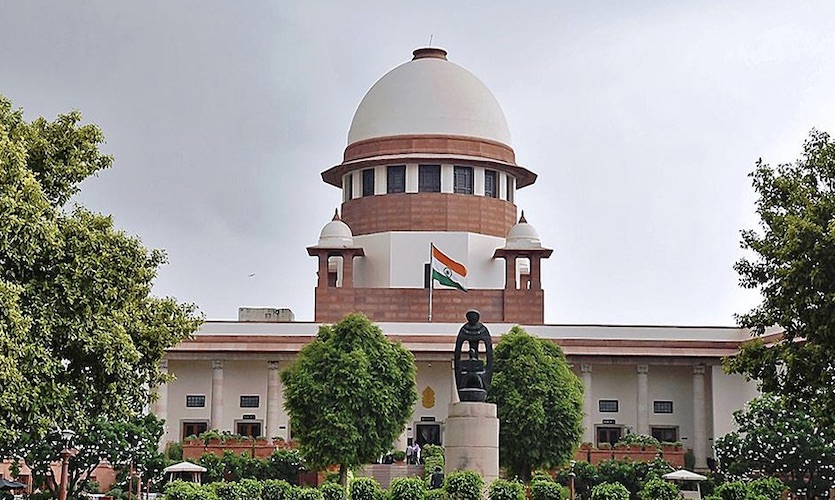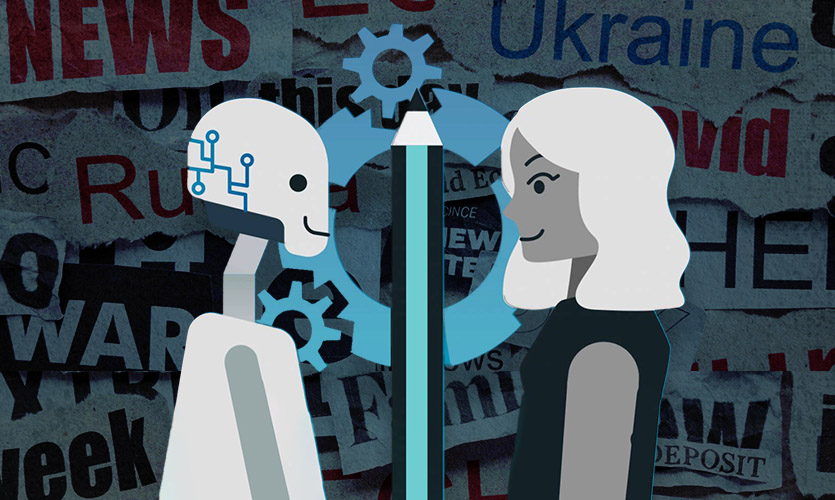Religion has always been a relatively sensitive topic in India, with forced religious conversion even more so. While the society sees it through a lens of negativity, the apex court’s judgment on the matter only confirms the seriousness of the practise of forced religious conversion.
On Monday, the Supreme Court of India ruled religious conversions as ‘dangerous’, stating that they are a potential threat to the ‘security’ of the nation. A bench of Justices MR Shah and Hima Kohli called on the Centre to finalise its ‘stand’ on the matter of forced conversions within one week. The SC has also asked the Centre to submit an affidavit, detailing the steps taken so far, and also the government’s future plans to ‘rein in’ the menacing issue.
The court demands came following the public interest litigation (PIL) filed by Advocate Ashwini Upadhyay, who is working to implement strict measures to control religious conversion through ‘fraud and intimidation’.
The PIL filed by the attorney mentioned that the government has failed to protect people from the horrors of forced religious conversions, especially when economically and socially poor people are victims of the social crime. He stated that scheduled tribes and scheduled castes suffer from this issue greatly. Upadhyay argued that apart from infringing on the constitutional right of an individual to equality, life and liberty, the practice is an offense to ‘secularism’ as well.
Placing Solicitor General Tushar Mehta on the spot, the court asked, “Why have you not filed your counter?” The bench stated that the matter at hand is ‘serious’, and that ‘sincere efforts’ must be made to eradicate it from society. “There may be a freedom of religion, but no freedom on forced conversion. What steps have been taken by the Union of India? Otherwise, it is very difficult… please, make your stand very clear. What action (do) you propose to take?” asked the bench.
The judges also stated that although the constitution grants the right to religious conversion, forcible conversion is neither acceptable nor legal.
It argued that in certain instances, conversion is forced onto people by attacking their conscience by offering basic life needs like wheat and rice. “In tribal areas, this is rampant,” observed the SC.
SG Mehta, representing the Centre, argued that several state legislatures have sought legal actions to prevent forced conversions. He added that the Supreme Court ‘affirmed’ them when the same laws were challenged.
“The issue with respect to alleged conversion of religion, if it is found to be correct and true, is a very serious issue which may ultimately affect the security of the nation as well as the freedom of religion and conscience of the citizens. Therefore, it is better that (the) Union government may make their stand clear and file counter on what further steps can be taken by Union and/or others to curb such forced conversion, maybe by force, allurement or fraudulent means,” stated the bench in its order.
Closing the hearing, the court asked the central government to ‘step-in’, and issued a short order asking the government to submit its affidavit by November 22, and to fix the matter by November 28.










